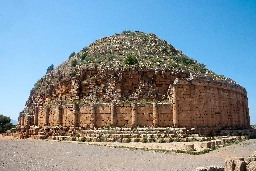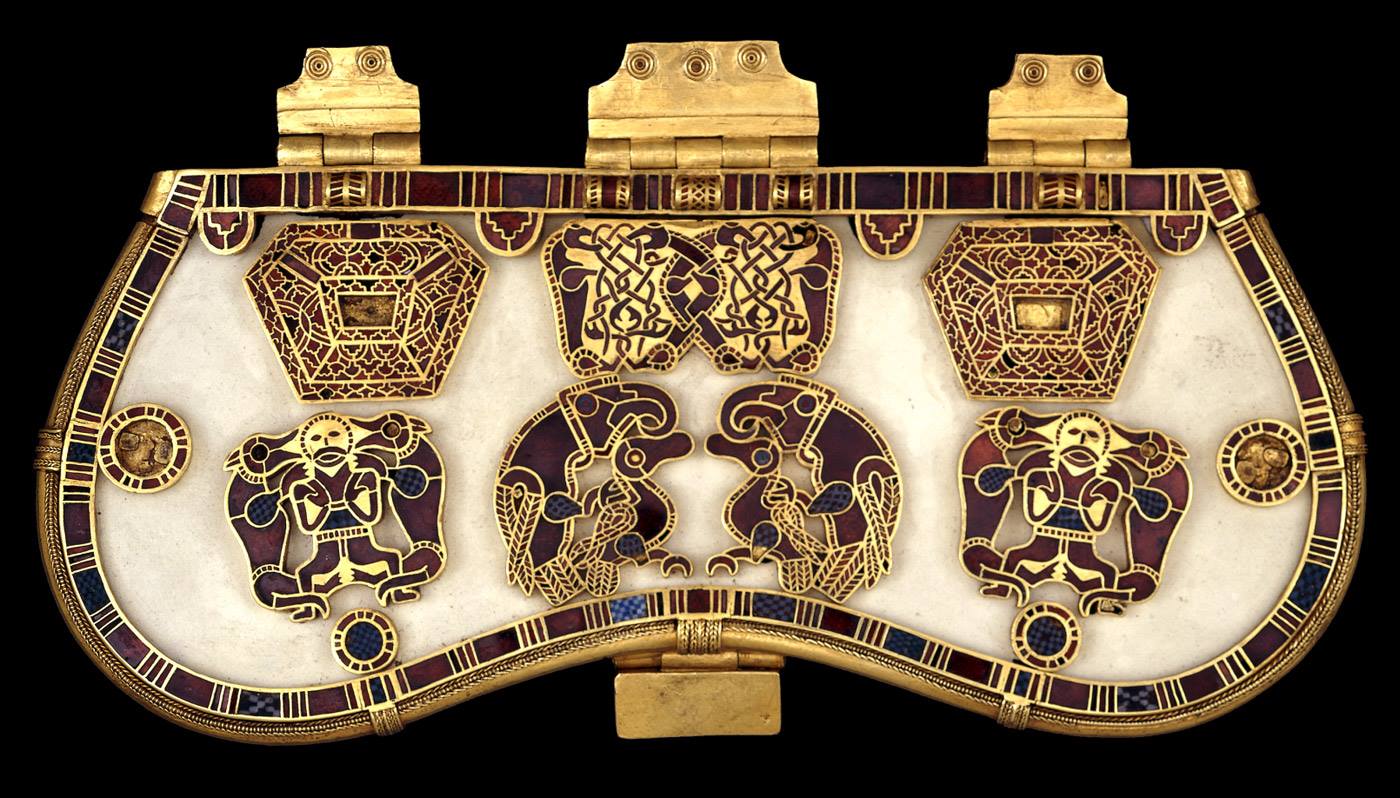Not very. The DoD is aggressively apolitical with regards to domestic politics.
Cripple. History Major. Irritable and in constant pain. Vaguely Left-Wing.
- 1.53K Posts
- 4K Comments
Fairy folk - in traditional mythology, fairies and the like aren’t sweet little pixies, they’re very alien fellows who abide by strict-but-seemingly-arbitrary rules. To differentiate them from modern conceptions, the older term ‘fae’ is often used for traditional fairies.
The power of words and contracts are common themes with the fae, and often in mythology knowing their ‘true name’ gives power over them, so they’re reluctant to give away that information.
I don’t have an eye for such things. If you find any more info, I’ll gladly change the title though!
Let’s go a little lighter on the language describing individuals if we’re going to go for condemnation of modern obesity. It’s a society-scale problem.
Oh, I didn’t mean as a matter of optics for the public, just as a general “Association with repressive Soviet shitheads is undesirable”
Mod privilege is being able to erase bigots with a click of a button
Also why good moderation is so important

 143·6 hours ago
143·6 hours agoNever believe that [fascists] are completely unaware of the absurdity of their replies. They know that their remarks are frivolous, open to challenge. But they are amusing themselves, for it is their adversary who is obliged to use words responsibly, since he believes in words. The [fascists] have the right to play. They even like to play with discourse for, by giving ridiculous reasons, they discredit the seriousness of their interlocutors. They delight in acting in bad faith, since they seek not to persuade by sound argument but to intimidate and disconcert. If you press them too closely, they will abruptly fall silent, loftily indicating by some phrase that the time for argument is past.
It does, unironically. Soviet aesthetics are pretty cool, a shame the Soviets ruined them by being the ones to use it.
 2·7 hours ago
2·7 hours agoUh, that’s an interesting positioning of Trump.
Oh! But also, we’d love this at !politicalcompassmemes@lemmy.world

 111·8 hours ago
111·8 hours agoBecause Biden and the rest of the leadership are a bunch of Cold War fossil fucks.
Being comrades with someone with a Soviet ushanka sounds like a great way to have workers’ protests violently suppressed.
The slaves were much better off. Roman empire was a slave empire.
And the resulting polities were slave kingdoms. Wow. Much improvement.
That’s the main reason it’s celebrated in our empire. Europeans and the founding slavers of USA looked towards roman slavery as their ideal.
Wow, that’s the dumbest thing I’ve heard in the past 24 hours.
Arguing for the roman empire is like saying that USA was better before the Civil War.
what
Today the worship of this slave empire remains a foundation of white supremacy.
Yes, the foundation of white supremacy was a multiracial empire which had very mixed feelings on those pale G*rmanic savages and thought of Africans and Syrians as the smartest people in the world. You nailed it.
What the fuck are you on about

 1·8 hours ago
1·8 hours agoEither way the end result is the complete annihilation of the Palestinian people.
Not unlike the past 20 years of genocide, but hey, who cares about the speed up in the past year? Same end result, right? /s
Since the 90s we’ve moved left economically as well. The 90s were where the Dems had their massive neoliberal shift, after all. Not hard to be more left than THAT.
Yeah.

 10·16 hours ago
10·16 hours agoNo shit. She’s there because it’s the closest she can get to COP29. She didn’t intend to come there to support your agenda and made no secret of it.
That seems to be the problem, though. If someone comes by and uses your protests as a platform for their own causes under the guise of allyship, is that not a reason to be irritated?

 8·16 hours ago
8·16 hours agoEach side is trying to wear down the other rather than make massive territorial gains as in the early days of the war.
The rightward shift of the GOP and the tendency of the seemingly infinite number of spineless Dem careerist politicians to seek compromise is very real, but please remember the 90s and 2000s, everyone. They were not as rosy and left-wing as you remember; while not nearly enough, the Dems are notably more left than they were then.










I think you’re making the take even less credible